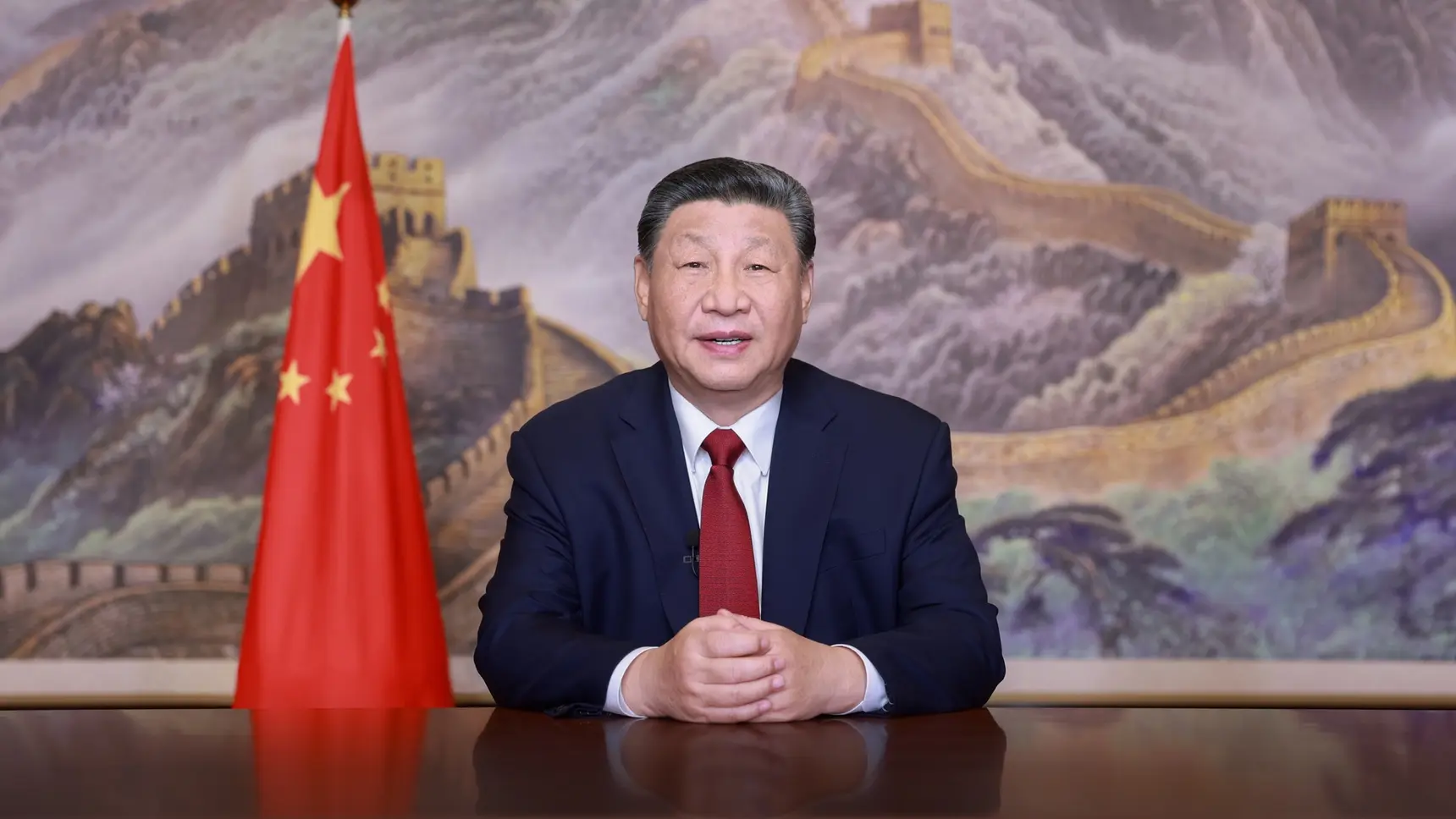
Published 04/04/2025 11:30 | Edited 04/04/2025 11:55
China announced on Friday (4) the imposition of 34% tariffs on all imports from the United States. The measure comes into force on April 10 and was confirmed by the country’s Ministry of Finance as a direct response to the decision of US President Donald Trump to apply the same value on Chinese products.
In a statement, the Chinese government classified US actions as “incompatible with international trade rules” and said they “seriously” undermine the legitimate rights and interests of China, “as well as a” typical unilateral practice of intimidation. “
Chinese retaliation occurs amid Trump’s trade war with the announcement of a global tariff package. The new rate raises the total load on Chinese products to over 60%, considering the taxes previously applied by Washington.
In addition to the rates, the Beijing government implemented a series of contracted. Eleven US companies have been added to the list of “non-reliable entities”, being prohibited from operating in China or doing business with local companies.
Another 16 US entities were included in the export control list, and seven types of rare land minerals – such as Samarius, Gadolinium and Terbian – were restricted. The country has also started anti-dumping investigations on X-ray pipes and suspended the importation of chicken and sorghum from large US suppliers.
The impact was immediate in financial markets. Brent oil fell 6.1%, while WTI fell 6.6%. The main rates of stocks in the US and Europe operated in falling: S&P 500 fell 2.4%, Nasdaq retreated 2.7%and Europe’s Stoxx 600 index lost 4.4%. In Asia, the Nikkei index was low of 2.75%, accumulating a 9% drop in the week.
The dollar index rose 0.5% after registered a strong drop the day before. Analysts warn of the risk of global recession, with increased inflation and disorganization in supply chains.
“China is in a better position to face this round of commercial tensions,” said Wang Dong, director of the Institute for Global Cooperation of the University of Beijing to the newspaper The New York Times.
According to him, Beijing bets that internal economic damage will lead Trump to retreat. Jude Blanchette, from the Rand Study Center, said the Chinese reaction was “inevitable” and marks the end of any illusion about a solution negotiated with the current US government.
US Secretary of State Marco Rubio acknowledged that “markets are plummeting” after Trump’s tariff, but said “business will fit.”
Trade between the two countries moved more than US $ 580 billion in 2024. The new round of tariffs and countermeasures represents the deepest break in trade relations between Washington and Beijing since the 1990s.
The Chinese government, which faces economic slowdown and tries to stimulate domestic consumption, reiterated that trade differences should be resolved “through respectful and mutually beneficial consultations.” So far, however, there is no forecast of reopening of dialogue between Trump and Xi Jinping.
Source: vermelho.org.br

